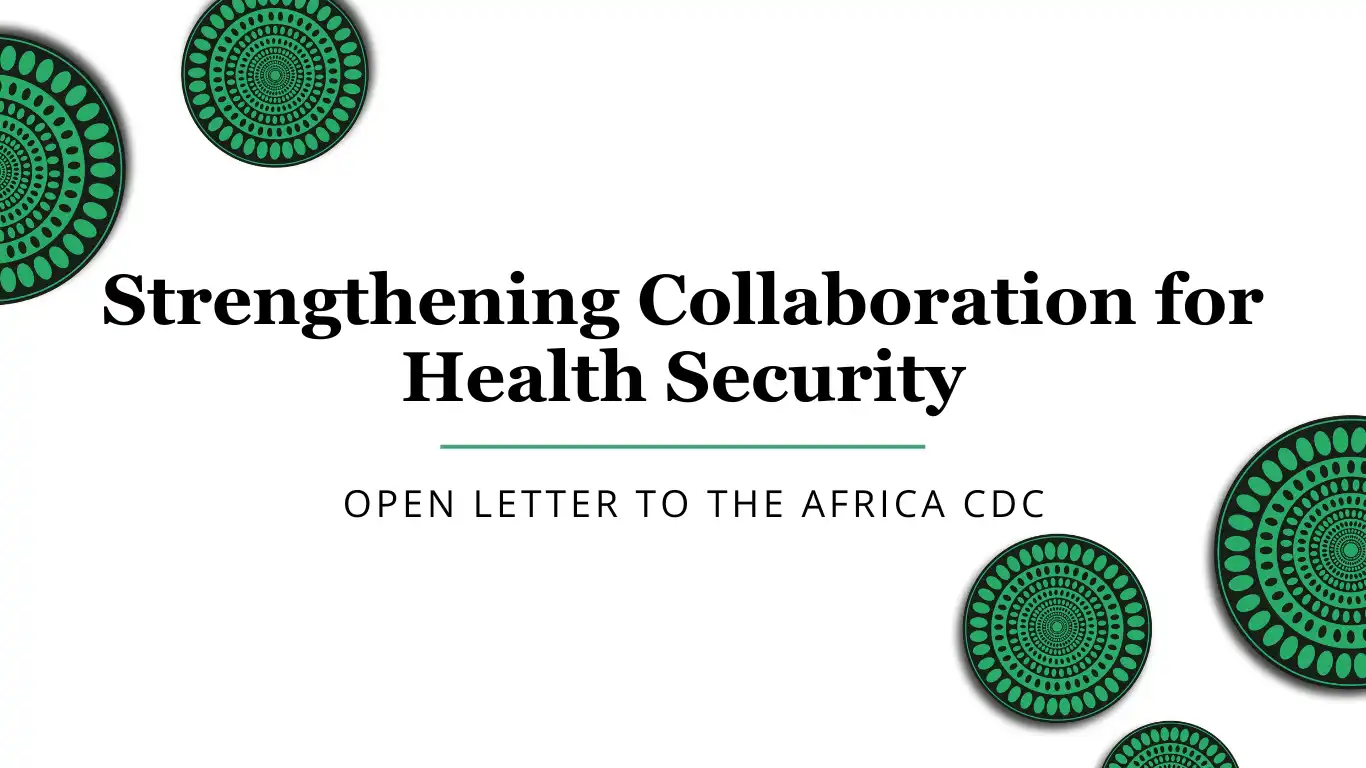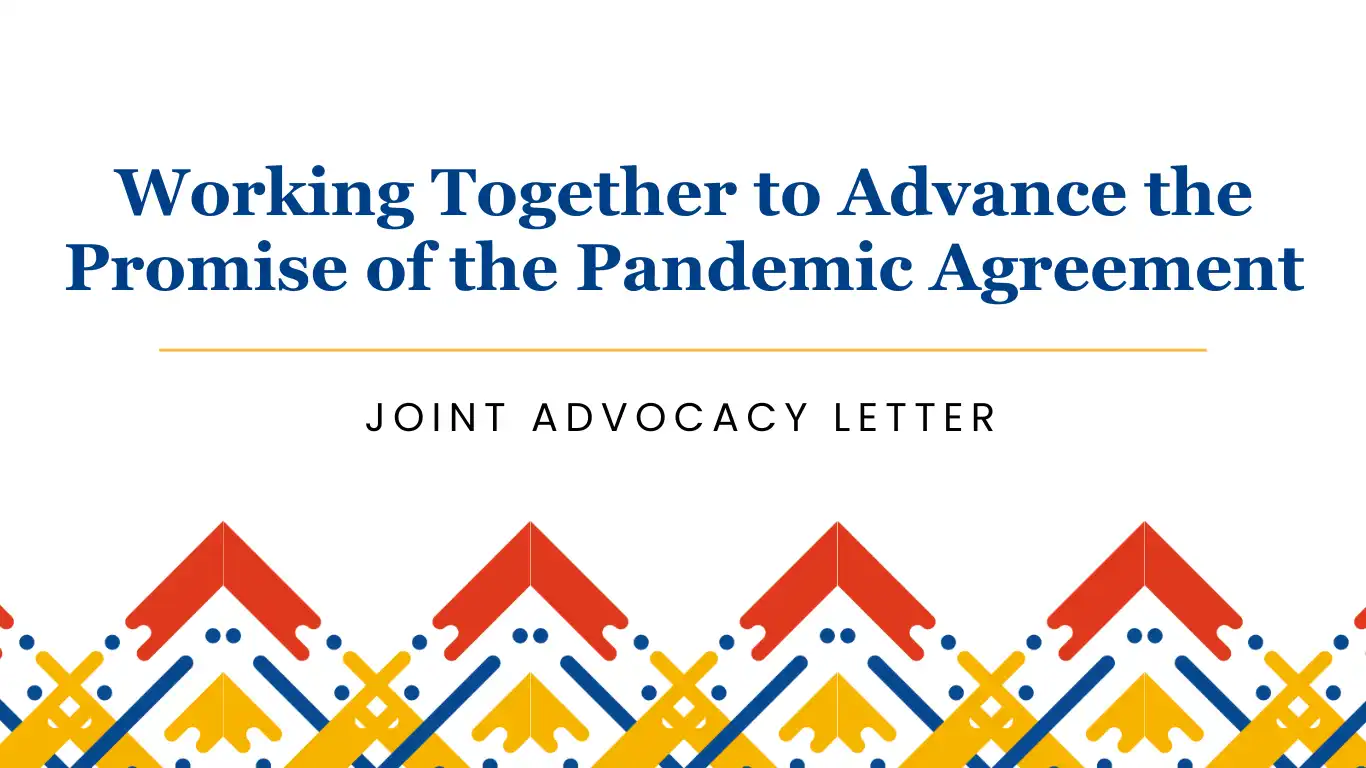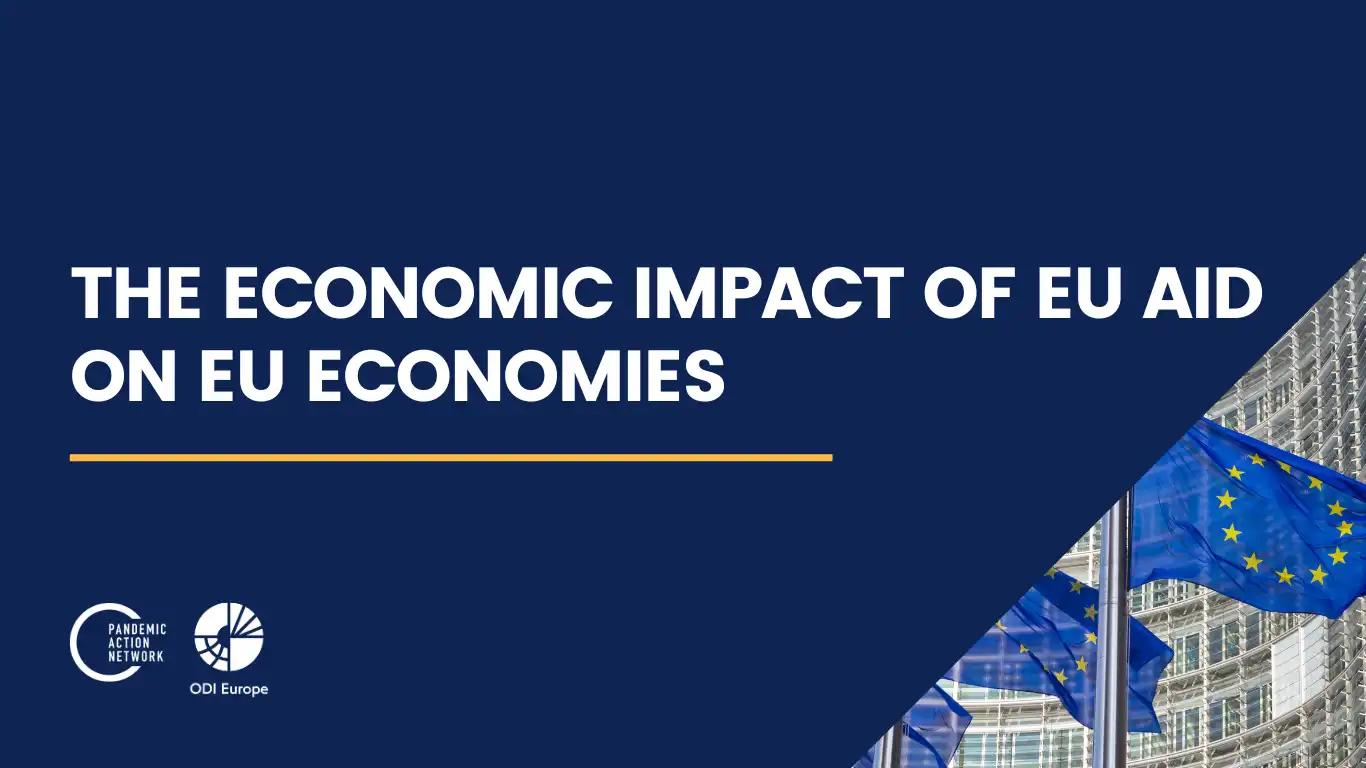Building on civil society lessons learned during the mpox emergency, PAN, together with Resilience Action network and more than 20 partners shared a letter with Africa CDC leadership calling for strengthened collaboration for health security.
—
February 12, 2025
Dr. Jean Kaseya
Director General — Africa Centres for Disease Control and Prevention (Africa CDC)
Addis Ababa, Ethiopia
Dear Dr. Kaseya,
Civil society organizations working together through the CSO Mpox Coordination Group — organized by Resilience Action Network Africa, Pandemic Action Network, Amref Health Africa, EANNASO, and WACI Health — representing over 80 organizations and partners across Africa and globally, appreciate your steadfast leadership of the African Centres for Disease Control and Prevention (Africa CDC) amid a surge in health challenges on the continent, and around the world. We specifically recognize your leadership in declaring mpox a Public Health Emergency of Continental Security on Aug.13, 2024, and elevating the urgency for action with African and global leaders. Our group welcomed the active engagement of Africa CDC with civil society in the early days of the mpox emergency, especially the leadership of Dr. Ngashi Ngongo and Prof. Nicaise Ndembi. Their regular participation in our CSO coordination meetings demonstrated a commitment to collaboration. It underscored the critical role civil society plays in detecting, preventing, and responding to infectious disease outbreaks, not least with communities.
However, as the mpox emergency continued, civil society engagement with the Africa CDC has not been consistent — which jeopardizes a comprehensive and well-informed response. We respectfully offer recommendations for solidifying and enhancing Africa CDC and civil society engagement, to maintain effective partnerships and enhance our collective response to this outbreak and future responses.
- Solidify an equal partnership role for civil society in disease response governance: While at the start of the mpox outbreak, there were bold plans to involve and engage CSOs in planning, leadership, and decision-making, the actual engagement of civil society remained nominal and surface-level. Despite the deep experience of civil society in communities and as technical experts, CSOs have not played a substantive role in shaping the response and remain excluded from key decision-making processes. This challenges the inclusive, whole-of-society approach Africa needs for epidemic and pandemic threats.
- Ensure timely, transparent communication with civil society: Throughout the mpox emergency, there have been challenges with civil society’s access to timely information on the response — especially regarding the decision-making on and allocations of funding as well as the allocation, deployment, and utilization of countermeasures including vaccines. Up-to-date and transparent information-sharing is vital for building trust and ensuring that stakeholders are prepared to contribute effectively to the response efforts. It’s also vital to allow civil society to play their role as advocates to help fill financial or other gaps in response efforts. Unfortunately, press and other mass briefings did not provide fulsome information and did not prioritize time for civil society questions and dialogue.
- Prioritize consistent civil society focal points and strong relationship management: Throughout the ongoing mpox response, there has been inconsistent communication, engagement, and relationship management between civil society and Africa CDC. With the departure of the constituency focal point Prof. Nicaise, we have been unable to establish connections with relevant team members, leading to a breakdown in communication and trust that had been built in the early stages of the emergency. As critical partners in disease response and prevention, civil society engagement must be prioritized, including clear, consistent, and responsive points-of-contact at Africa CDC.
- Support and resource civil society for their contributions to emergency response: While CSOs have been called out as partners in the Mpox Strategic Preparedness and Response Plan, civil society partners have not been provided with the necessary resources to fulfil their envisioned roles. Civil society continues to play a critical role in outreach and RCCE education at the grassroots level and play many roles essential for response planning and intervention. Africa CDC must consider how to financially support civil society to carry out unmatched roles in future response efforts.
Thank you again, for your leadership, which is crucial to Africa’s health and security. We believe that addressing the above recommendations will strengthen our collective efforts in managing mpox and future health emergencies.
We remain steadfast partners in advancing health and security across Africa and commend your unwavering leadership in protecting the health of our communities.
Sincerely,
- Action Santé
- African Civil Society Platform for Health (CiSPHA)
- African Network of Civil Society Organizations (ANCSO)
- Afrihealth Optonet Association (AHOA)
- Afya na Haki
- Association Burkinabè d’Action Communautaire
- Children and Youth for Peace Agency – Sierra Leone (CYPA-SL)
- Coalition for Health Promotion and Social Development (HEPS) Uganda
- Destination 2030 Civil Society Partnership For Sustainable Development Goals In Nigeria Programme (CSP-SDGS NIGERIA)
- Dr Uzo Adirieje Foundation (DUZAFOUND)
- Eastern Africa National Networks on AIDS and Health Service Organization (EANNASO)
- Global Consortium of Civil Society and Non-State Actors on Climate Change and the Conference Of Parties (GCSCCC)
- Living Goods
- Mufasha Child Care
- Pandemic Action Network (PAN)
- People’s Health Movement (PHM)
- Resilience Action Network Africa (RANA)
- Society for Conservation and Sustainability of Energy and Environment in Nigeria (SOCSEEN)
- Teen AID International organization
- The Society for Children Orphaned By AIDS Inc. (SOCOBA)
- Treatment Advocacy and Literacy Campaign (TALC Zambia)
- WACI Health
- Women With A Mission
- Wote Youth Development Projects (CBO)



